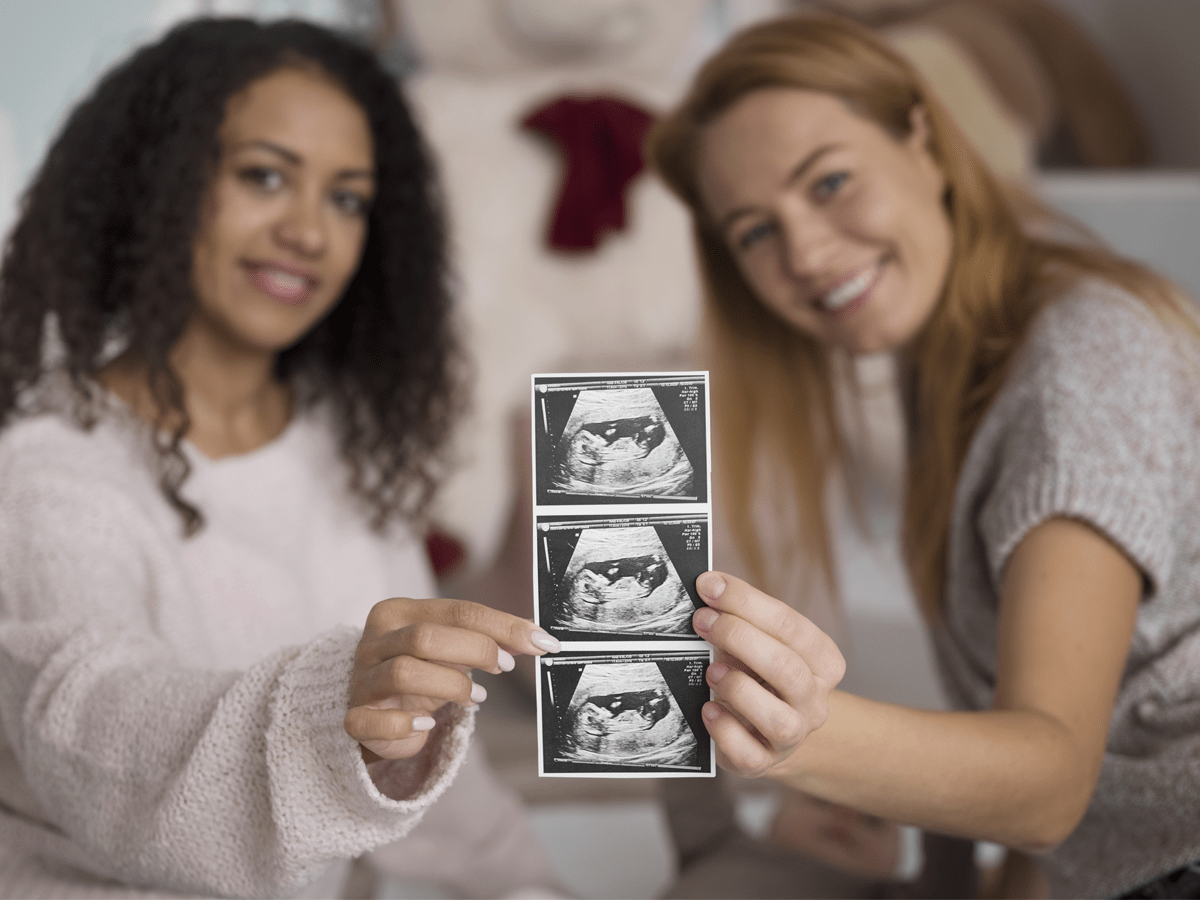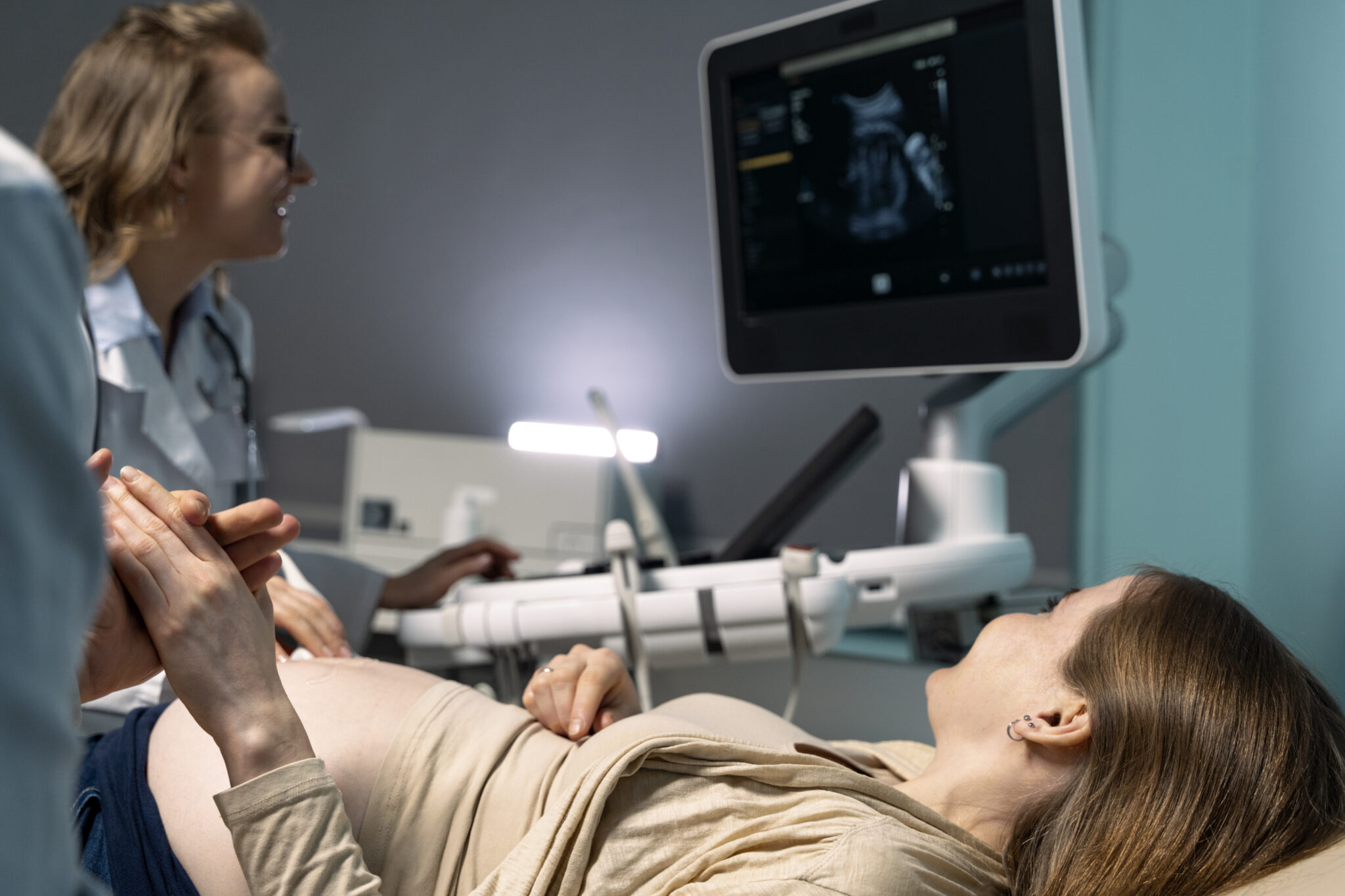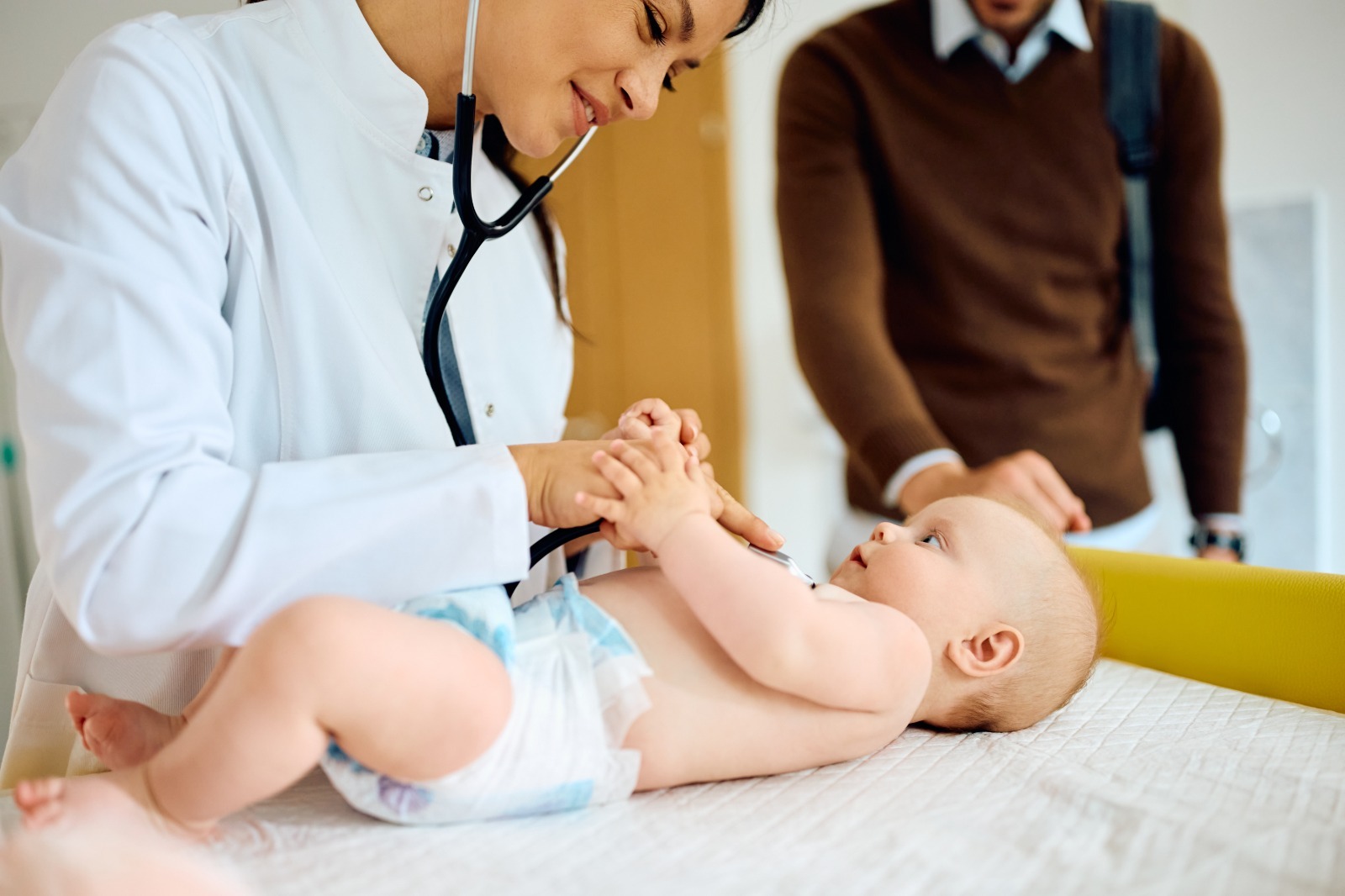When it comes to women’s health, our approach is always comprehensive. We believe in prevention, and a proactive approach toward health, and a lot of it delves into educating our patients about health conditions. This blog delves into Human Papillomavirus (HPV), a common but often misunderstood virus.
The HPV vaccine – guarding against cervical cancer
HPV is one of the most prevalent sexually transmitted infections globally, affecting both men and women. It’s associated with various health conditions, ranging from minor skin warts to more serious problems such as cervical cancer. Our goal is to demystify HPV, helping you understand what it is, how it’s transmitted, its potential health implications, and, importantly, how you can protect yourself and your loved ones.
Getting checked for HPV
Getting checked for HPV might feel overwhelming or even anxiety-inducing, but it’s an important step for your health and peace of mind. The good news is that the test is relatively simple and painless – your doctor will take a sample of cells from your cervix to send to a lab for analysis.
If the results come back positive for HPV, don’t panic. While there isn’t a cure for the virus itself, there are many treatment options available to manage symptoms and reduce the risk of developing cervical cancer.
Additionally, the HPV vaccine is a preventative measure that can protect against certain strains of the virus. Remember, regular screenings and open communication with your doctor can greatly decrease your risk.
Protect yourself: The link between HPV and cancer
If you or a loved one has received a diagnosis of HPV, it’s important to understand the link between this virus and cancer. HPV can cause certain cancers and precancerous lesions, especially in the case of cervical cancer. The good news is that there are ways to prevent the onset of these conditions. Vaccination against HPV is key in preventing the spread of the virus, but it’s also important to stay informed about how to treat HPV if it has already developed.
If you do receive a diagnosis of cervical cancer, treatment options are available. While the cost of the HPV vaccine may be a concern for many, it’s important to prioritize prevention and talk to your healthcare provider about options for obtaining the vaccine. Remember, taking early steps to prevent or treat HPV can make all the difference in your health and well-being.
Vaccinate for prevention, not just treatment!
When it comes to staying healthy, prevention is key. When it comes to preventing HPV infection and the risk of developing cancer, getting vaccinated is one of the best things you can do. The HPV vaccine works by boosting your immune system’s ability to fight the virus, preventing infection before it can even occur. And while some may worry about the cost of the vaccine, it’s important to remember that the price pales in comparison to the cost of treating advanced cervical cancer. That’s why, as healthcare professionals, we urge you to consider the importance of prevention through vaccination.
The combination of HPV vaccination and cervical screening can provide the greatest protection against cervical cancer. Also, HPV vaccination reduces the risk of developing cancers caused by HPV at sites other than the cervix.
Not only does vaccination protect vaccinated individuals against infection by the HPV types targeted by the vaccine that is used (and possibly other types, depending on the extent of cross-protection), but vaccination can also reduce the prevalence of the vaccine targeted HPV types in the population, thereby reducing infection in individuals who are not vaccinated (a phenomenon called herd protection, or herd immunity).
Widespread HPV vaccination has the potential to reduce cervical cancer incidence around the world. In addition, the vaccines may reduce the need for screening and subsequent medical care, biopsies, and invasive procedures associated with follow-up from abnormal cervical screening, thus helping to reduce health care costs and anxieties related to follow-up procedures.
What are HPV vaccines?
HPV vaccines protect against infection with human papillomaviruses (HPV). HPV is a group of more than 200 related viruses, of which more than 40 are spread through direct sexual contact. Among these, two HPV types cause genital warts, and about a dozen HPV types can cause certain types of cancer cervical, anal, oropharyngeal, penile, vulvar, and vaginal.
Purpose: The primary purpose of the HPV vaccine is to prevent HPV infection, which is one of the most common sexually transmitted infections worldwide. It is most effective when administered before a person becomes sexually active.
Types: There are several HPV vaccines available, with the most common ones being Gardasil 9 and Cervarix. Gardasil 9 protects against nine HPV strains, while Cervarix targets two high-risk HPV strains.
Three HPV vaccines—
- 9-valent HPV vaccine (Gardasil 9, 9vHPV)
- quadrivalent HPV vaccine (Gardasil, 4vHPV)
- bivalent HPV vaccine (Cervarix, 2vHPV)
—have been licensed by the U.S. Food and Drug Administration (FDA). All three HPV vaccines protect against HPV types 16 and 18 that cause most HPV cancers.
Since late 2016, only Gardasil-9 (9vHPV) is distributed in the United States. This vaccine protects against nine HPV types (6, 11, 16, 18, 31, 33, 45, 52, and 58).
Who should get HPV vaccination?
The HPV vaccine is recommended for both males and females between the ages of 9 and 26, including preteens and teenagers aged 11 to 12. For those who missed getting vaccinated earlier, catch-up vaccines are available. It’s important to note that HPV vaccination is advised for all individuals up to the age of 26, if they have not been adequately vaccinated before.
For adults aged 27 through 45, while the HPV vaccine is FDA approved for this age group, it’s recommended that healthcare providers have a discussion with their patients who haven’t received adequate vaccination yet. We understand that you may have concerns, given that many people in this age range have likely already been exposed to the virus. However, HPV vaccination can still provide benefits and protect against certain strains of the virus.
If you have any questions or would like more information about HPV vaccination, please don’t hesitate to consult with our expert gynecologists at HTC.
How many doses of HPV vaccine are needed?
The HPV vaccine, which is typically administered as a series of shots, plays a vital role in providing powerful protection against human papillomavirus. Two doses are usually sufficient for individuals aged 15 or younger to ensure complete immunity. However, three doses will be necessary to achieve full protection if you begin the series at age 15 or older or have certain conditions that weaken your immune system.
Now, let’s break it down in simpler terms. The HPV vaccine is like a shield against a virus called human papillomavirus. It’s given as a series of shots; the number of shots you’ll need depends on your age and health condition. If you’re 15 or younger, two shots will do the trick. But if you’re older than 15 or have a weaker immune system, you”ll need three shots. These shots are spaced out over time; your doctor will give you the exact schedule.
Remember, getting vaccinated with the HPV vaccine is important in safeguarding your health and well-being. Stay protected, stay healthy!
Lower your risk of cervical cancer with the HPV vaccine
You can find the HPV vaccine at Helena Taylor Clinic. We highly recommend getting vaccinated to protect against human papillomavirus, a common virus that can cause cervical cancer and other health issues.If you have any questions or would like more information about the vaccine, please don’t hesitate to contact us. Your health and well-being are our top priority!
Sources
Human Papillomavirus (HPV) Vaccines – NCI (cancer.gov)
Human Papillomavirus (HPV) and Cancer | CDC
Vaccines for Virus from Papillomaviridae Family – Creative Biolabs (creative-biolabs.com)














